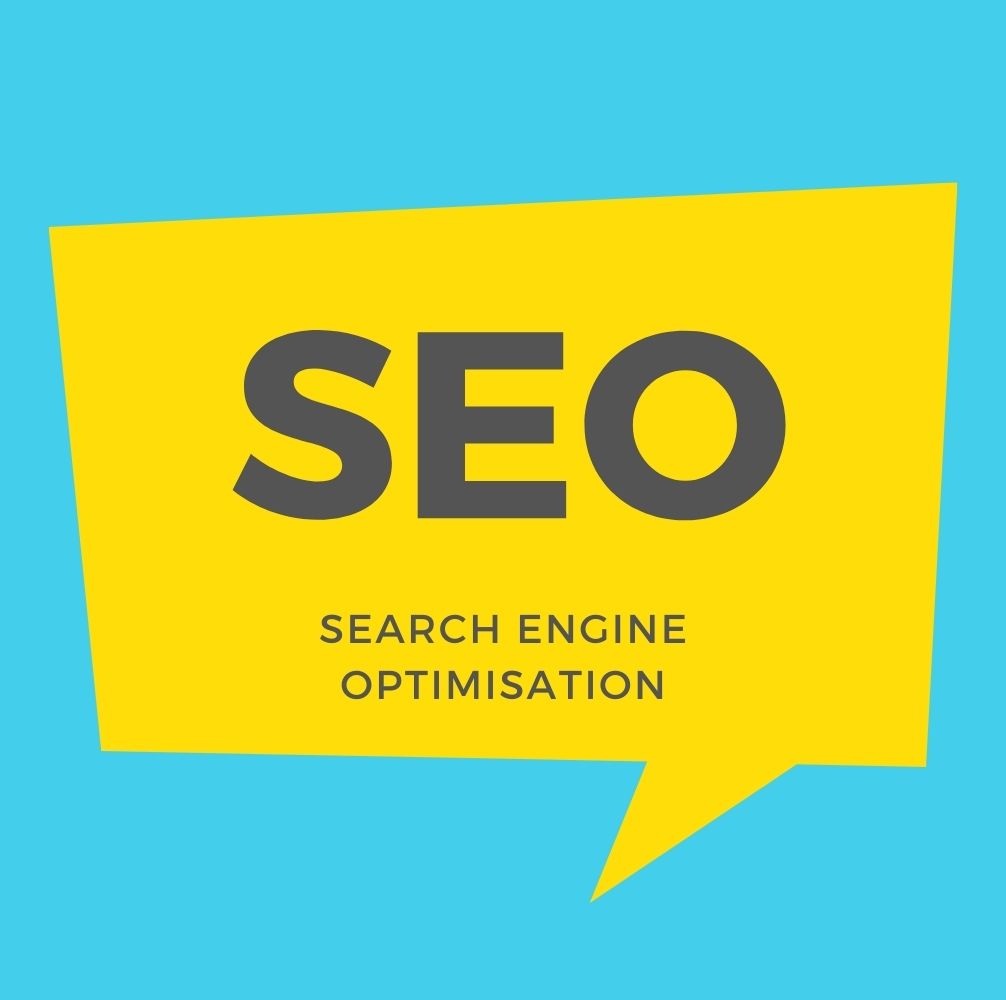SEO and snake oil
People tend to fall into two camps with search engine optimisation (SEO): those who think it’s the most important thing ever and those who will have nothing to do with it.
Firstly, what is it? Search engine optimisation means making the most of search. Which means that when people who have never heard of you search online for topics (keywords) related to your business, you want your website to come up in the search results.
My content is great
You might write the most amazing blogs that are clever and witty and interesting and pertinent, but if the search engine doesn’t find them or they come so low in the search results that people don’t bother to scroll down any further, it’s all gone to waste as a search result. Conversely, if you come up in the first few results, or are at number one, you’ve hit the jackpot.
I’m not found by Google
It’s a vicious circle: people don’t find you, so Google learns you are pretty poor and so your website gets a reputation (with Google) for being pretty poor. The only way to break out of this cycle is to write new content that takes into account what people are searching for or improve existing content by tweaking it a bit. This means you will need to do some keyword analysis to improve offsite SEO. At the same time, look at your onsite SEO. Once people land on your site, are they going to stay there?
It’s a competitive website world
However, with 2 billion websites in the world, it’s becoming harder and harder to get on that precious first page. People pay (pay per click) to sponsor certain words. Big ecommerce websites have a whole team of SEO experts monitoring the website on a daily basis.
You may not feel the need to go to such lengths, but a little nod towards SEO could get you better organic (unsponsored) results with maybe just a few tweaks.
SEO is not the be-all
Relying solely on search is not good business practice, unless you have an ecommerce site selling widgets and all you want to do is sell widgets.
Paying some attention to SEO should be part of your ongoing strategy, but most small businesses don’t need to be a slave to it. And beware of engaging an ‘SEO expert’ who can’t write for toffee, who wants to stuff your pages with keywords. Remember all paid for SEO is like a drug, you have to keep using (paying) to get the results. Organic is built up over time.
The best promoter of your small business is you. Networking, engaging in Facebook groups and other social media, being active on LinkedIn and the good old fashioned word of mouth recommendation will get you better results than focusing solely on SEO.
If you have a website that is well established and you have work coming in out of your ears, you probably don’t care much about SEO and ironically, your website might be quite highly rated in searches because the content is so good.
Do you need SEO help?
However, if you find the whole website business overwhelming or you know your website is doing you no favours, it makes no sense to have a website that is not ranking in the search results if there are quick fixes to be made.
I can do a quick website MOT once over, where I look at mainly onsite SEO and UX (user experience) and suggest improvements. Or I can do a comprehensive SEO analysis to set you off on the correct path. For the full SEO analysis, I suggest waiting until your website has been live for at least a year.
If you’d like to discuss this, just email me or give me a call.

